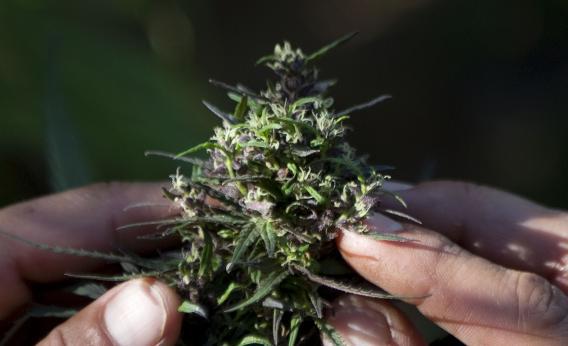I did a column on the likely price of marijuana under the new legalization rules in Washington and Colorado, concluding that the impact on prices is likely to be pretty modest. But that’s because as long as marijuana remains illegal in the United States of America, the large-scale production of marijuana is going to continue to be practically impossible.
The DEA obviously can’t police low-level retailing, so if states and localities say it’s legal it’ll be a lot simpler in practice to get some pot. But the main reason marijuana is a relatively expensive agricultural commodity right now is that you can’t grow it in giant efficient farms and dry and package it in proper factories. To do that stuff, it has to be really and truly legal so you can attract investors and do things that could be easily spotted from a surveillance plane.
In a sane world, the federal government would just back off and focus on blocking exports from Colorado and Washington. Then we might actually learn something about (a) the pretax price of legal marijuana and (b) the extent of feasible taxation before you just get massive evasion. But I doubt that’s the world we live in.
